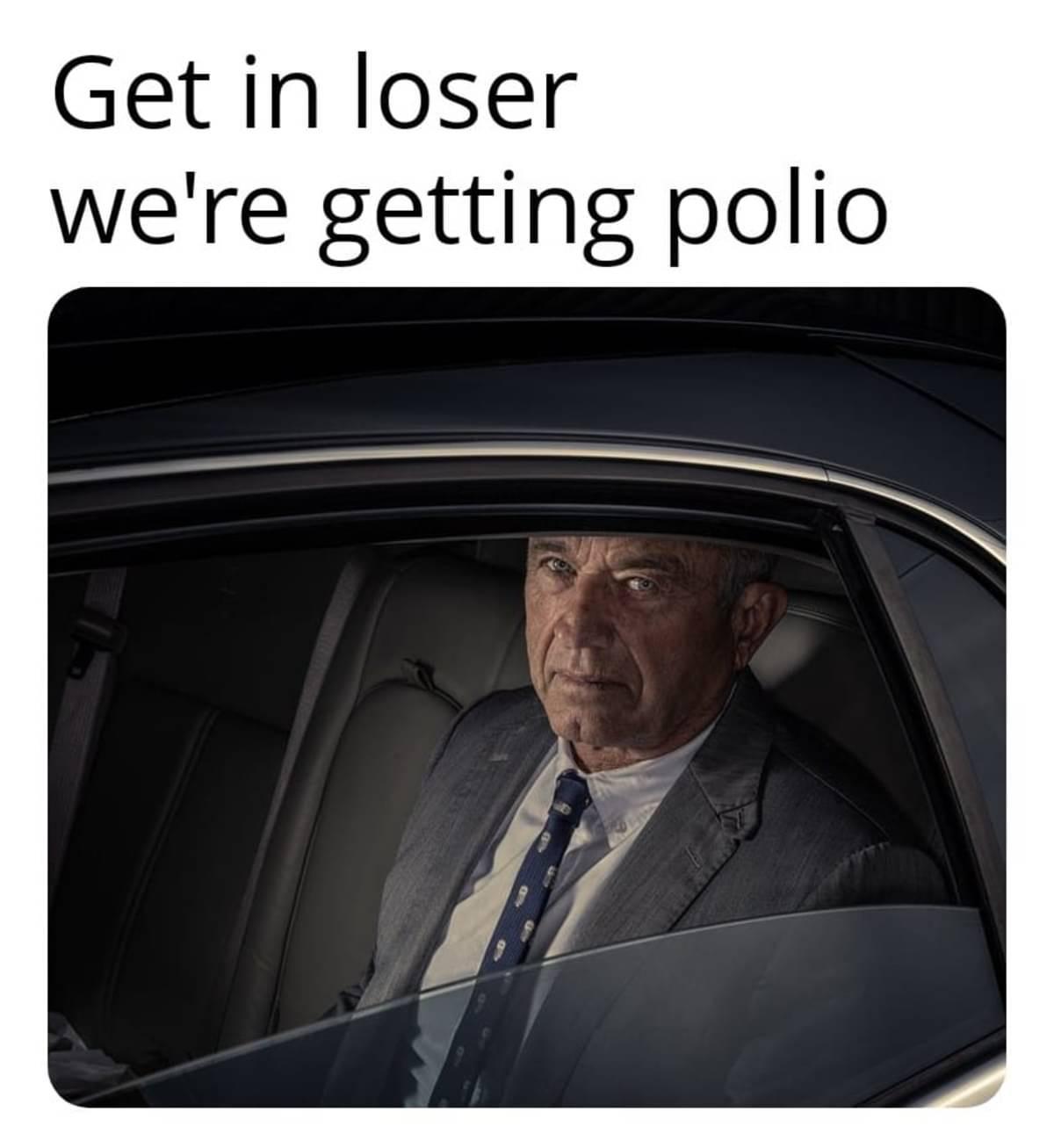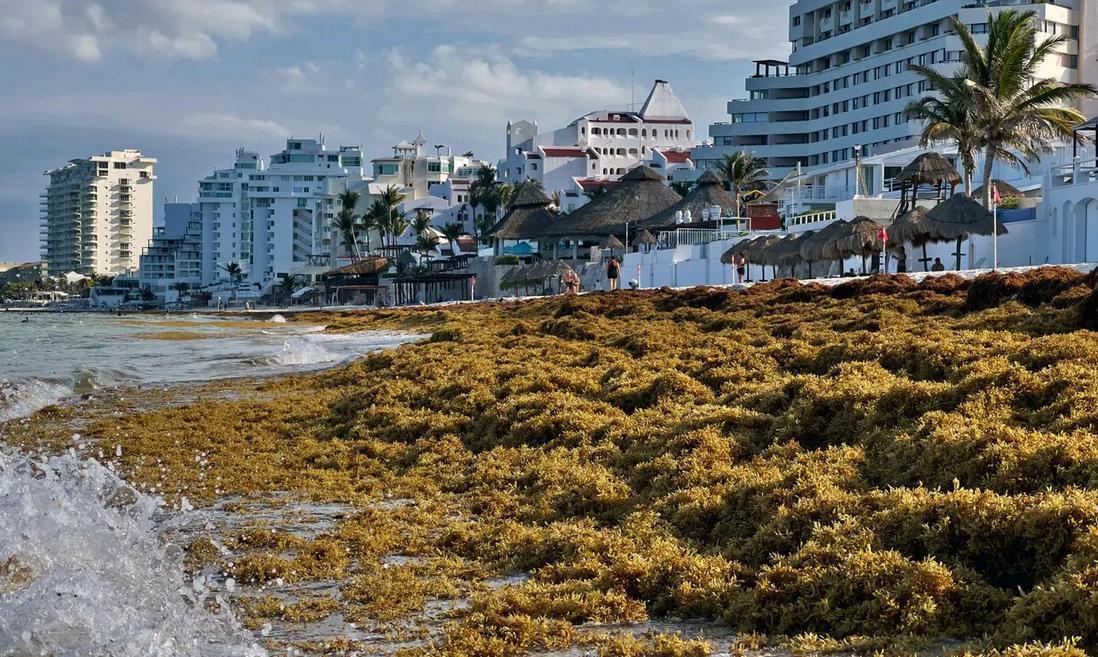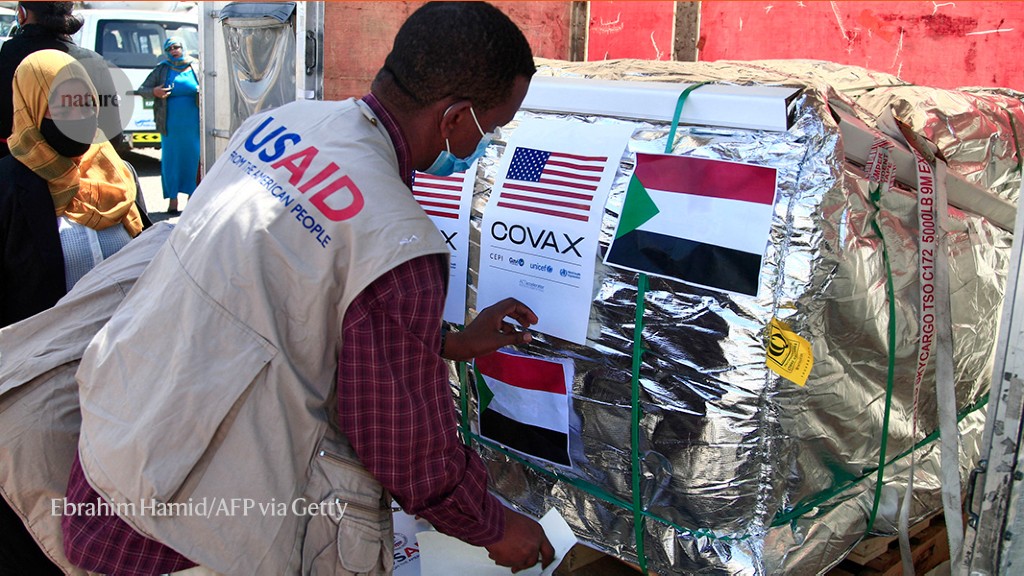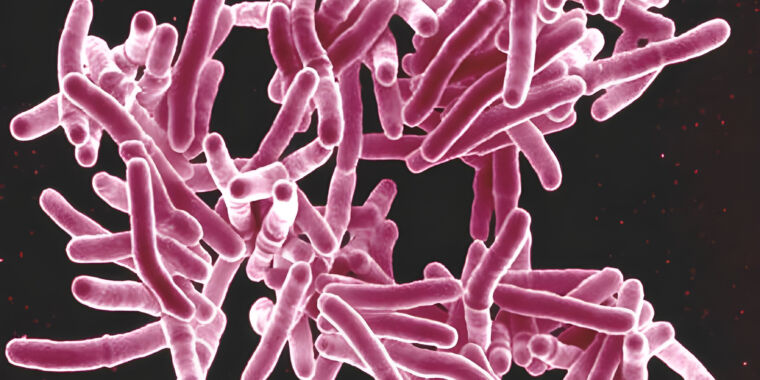Q: Why haven’t there been any new variants since Omicron?
A: We currently have lots of “sub-variants” that are direct offspring of Omicron, but they don't qualify for new Greek letters from the WHO because they aren't different enough from previous variants of concern.
TL;DR: SARS-CoV-2 is still evolving, but it’s not making as large of genetic leaps as it once did. This has left us with the alphanumeric soup of Omicron children named things like BQ.1.1. and XBB.1.16. 🙈
Like any family tree, all SARS-CoV-2 variants can be traced back to a common ancestor—the original Wuhan strain. From there the family tree expanded, with variant branches such as Alpha, Beta, and Delta coming on the scene with lots of new mutations. While it’s not known for sure, these early variants may have developed in immunocompromised people where they had more time to replicate and mutate within one host to take those larger genetic leaps.
New variants that “won the lottery” with their mutations, meaning they were more transmissible and/or could evade existing immunity, also won the race to infect and crowded out other variants. Delta was very dominant in its era, so it seemed likely that the next important variant would descend from Delta.
Instead, in late 2021 the Omicron variant took the world by surprise. Omicron had A LOT of new mutations but was not a descendent of Delta and didn’t have any close relatives in the more recent SARS-CoV-2 family tree--like a true long-lost cousin showing up and surprising everyone at the family reunion.
Omicron got a new Greek letter not only due to its genetic differences but also because it met the criteria of “variant of concern” with increased transmissibility and immune escape compared to other variants. All new variants circulating since then have been offspring of Omicron, but none have started behaving differently enough to be classified as “variants of concern” and earn their own Greek letter.
Scientists are currently watching the latest Omicron offspring, XBB.1.16, which seems to be contributing to a surge in India and has been reported in a few US states. In India XBB.1.16. is becoming dominant, a sign that it might have some transmission advantage. So far there is no evidence of increased severity of XBB.1.16.
WHO's switch to Greek letters for naming SARS-CoV-2 variants was meant to avoid stigmatizing locations where variants were first identified, but also to make it easier to communicate compared to cumbersome scientific naming conventions. Sadly the long list of numbered and lettered Omicron subvariants has certainly not helped with clear communication!
Even so, the WHO continues to support new Greek letter labels only for variants of concern that take “major evolutionary steps.” Overall, it could be good news if SARS-CoV-2 is settling down and taking smaller steps rather than large genetic leaps. But of course, it is still possible that an Omicron descendent could make a big jump (perhaps mutating from a long-lasting infection in an immunocompromised person) or that a variant could emerge that’s unrelated to Omicron but from a variant circulating at low levels.
Overall, we can probably expect less variant “news” than we’ve had the past three years. As you might have noticed from the nicknames of some of the recent Omicron subvariants (like the “Kraken”), not many are living up to the hype right now. With high levels of population immunity from vaccination and infection, we’re seeing a pattern of smaller but persistent waves of SARS-CoV-2 regardless of the dominant subvariant.
As always, the best thing YOU can do is give the virus fewer tickets to win the genetic lottery--by giving it fewer chances to infect and make copies of itself. You can lower your risk of infection through vaccination (get that booster!) and your other tried and true prevention measures.
SARS-CoV-2's family tree. It's full of surprises:
https://www.npr.org/sections/goatsandsoda/2022/02/09/1047616658/take-a-look-at-sars-cov-2s-family-tree-its-full-of-surprises
What to know about the XBB.1.16 COVID variant causing concern in India:
https://abcnews.go.com/Health/xbb116-covid-variant-causing-concern-india/story
Omicron, Delta, Alpha, and More: What To Know About the Coronavirus Variants:
https://www.yalemedicine.org/news/covid-19-variants-of-concern-omicron
Update of WHO’s working definitions and tracking system for SARS-CoV-2 variants of concern and variants of interest:
https://www.who.int/news/item/16-03-2023-statement-on-the-update-of-who-s-working-definitions-and-tracking-system-for-sars-cov-2-variants-of-concern-and-variants-of-interest
#variants #Omicron #virology #publichealth #covid #vaccinate










